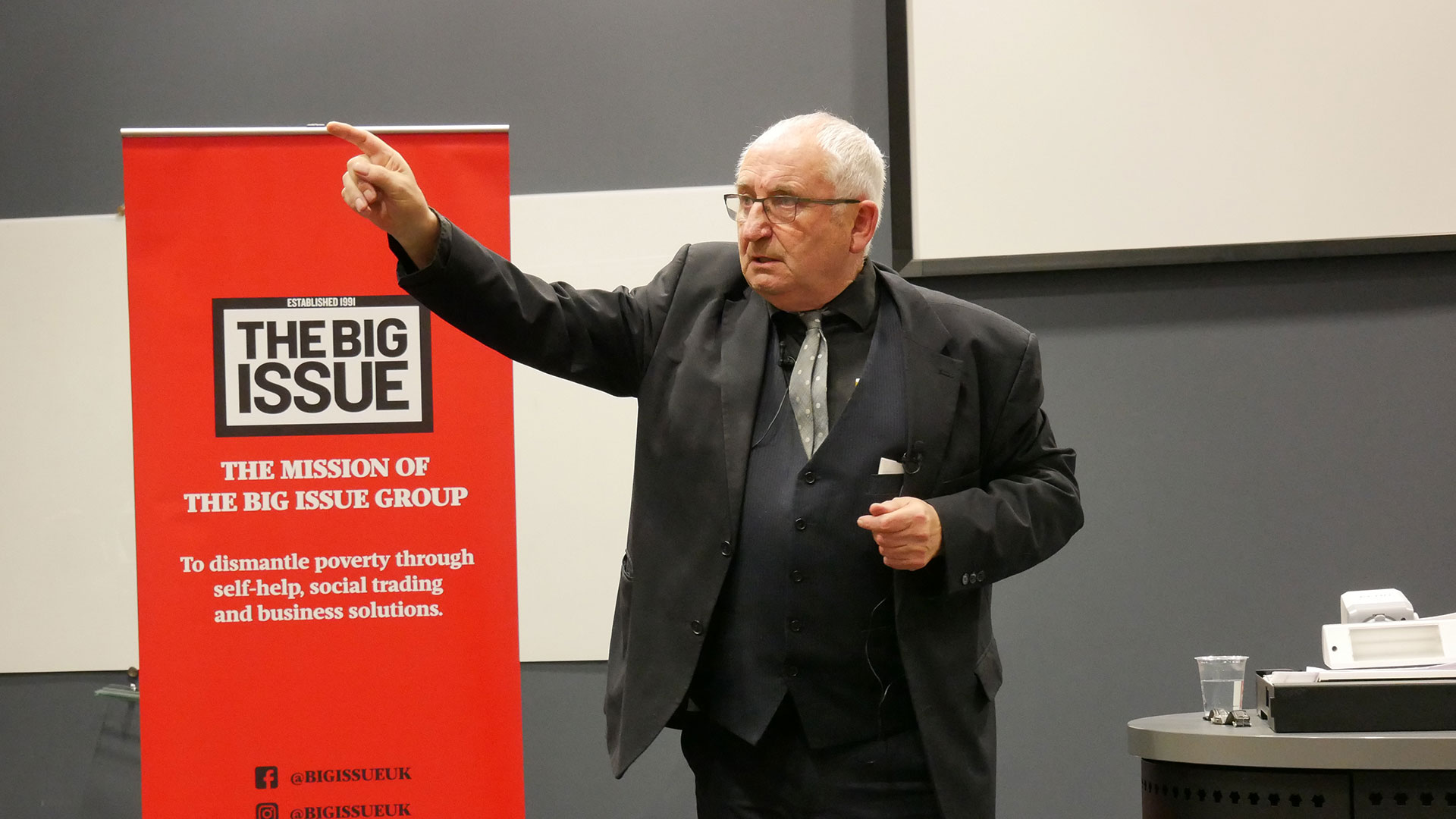That the leaders of political parties who win the right to form a government are getting their hands on is the power to spend. To choose, within the limitations of income and ideology, where our money goes. And money, as accumulated labour and wealth, and got from the tax-paying public, refreshes certain areas and is denied to others.
The Conservative-Lib Dem Coalition’s “fiscal assault” (as it was put to me by one shire councillor) of local authorities robbed them of their ability to deliver essential services. It decimated our police. And generally, via the ideological grip of austerity, concentrated on “balancing the books”. Those MPs got their power and proceeded to spend niggardly, what you might call, the social wealth of the UK.
The power to spend money gives the wielder enormous power of patronage, favour and office. And when it’s driven by a belief in the efficacy of their policies – part-privatising the probation service, for instance – then even examples of patent failure can take a long time to sink in.
Why? Because the ideology that allows them to trot on to the stage of history and bang on about their policy visions aren’t measured, assayed or audited by their success. The idea in the head of government, if you can imagine as simply as that, will not be budged until disaster (as in the case of the backfiring probation experiment) becomes undeniable. Of course, if governments weren’t following an ideological or philosophical belief in this, that or the other, they might encounter and acknowledge mistakes much earlier.
But it is the power of spending money that governments covet more than anything. It is the throwing out of the pet projects, pilots and initiatives of earlier administrations; viz the trampling of Sure Starts, centres that were a good bit of welcome thinking if there ever was one. And the replacing of it with precious little.
Thatcher’s imitation of America, where they closed their mental institutions, was ideologically driven. It didn’t matter that the streets filled up and the prisons did too, soon after. It was the power to spend on an ideological grand scale. ‘Care in the Community’ didn’t replace the mental institutions in Maggie’s vast ‘deinstitutionalised’ spring clean, but that was the ideological excuse.









